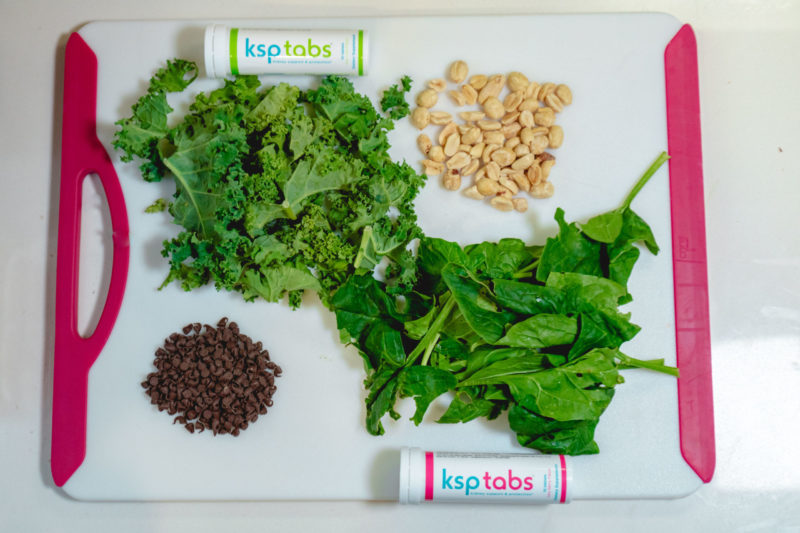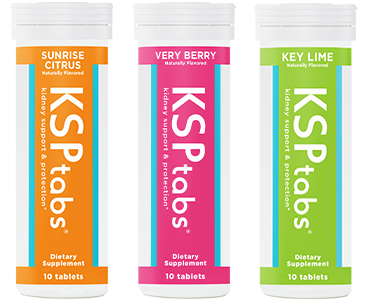
There are a few different types of kidney stones, but the largest group is calcium oxalate stones. These comprise around 75% of all kidney stones and are created when there is an abundance of oxalates in the urine that combine with calcium. They then stick to each other to form stones. (These types of stones cannot be dissolved, the ONLY stones that can be dissolved are uric acid stones.) If you have had stones once, you probably know there is a high chance of reoccurrence. To aid in the prevention of stones, it is important to know what foods contain high levels of oxalates and how to limit them in your diet.
What foods contain oxalates?
Oxalate is found in many foods and unfortunately, the ones with the largest amounts are very good for you. These would include spinach, kale, beets, okra, and some nuts. While it is important to always stay hydrated, it is very important if you consume foods with high oxalates that you flush your kidneys with water afterward. There are many oxalate lists out there, but it is important to understand them in more detail. Enter your email below to receive our Oxalate List and learn more about which foods are high in oxalates.
Should I worry about all the foods on the list?
You’ll often hear about foods that are high in oxalates but just giving them a “high” label instead of their actual oxalate content is misleading. It should be noted that while blueberries and celery are in the top 100, the biggest culprit (beets) is 75x worse for you! Lots of fruit, potatoes, and some vegetables are in the bottom half of the list. Normal consumption of them is okay. The top half of the list is what you should be aware of. This consists of a lot of leafy green vegetables, root vegetables, dark chocolate, and tea. Boiling vegetables can decrease the oxalate count by around 50%. If you do consume them, do so in a limited capacity and drink plenty of water afterward.
How do I know what kind of kidney stones I make?
Knowing what type of kidney stone you have is important knowledge for prevention. If you don’t know what kind you have, ask your doctor. If he or she can’t tell you we highly recommend asking him or her to do a 24-hour urine test which will give you a good idea of what type of stone you form and will break down why you are forming them. We understand that this is nobody’s idea of fun, but neither is kidney stones so we cannot urge you enough to get this done.
How can I protect my kidneys?
For even better protection, add KSPtabs to that water to counteract those oxalates. The Citrate in KSPtabs binds to calcium so oxalates can’t. The citrate in KSPtabs also lessens the acidity of the urine and normalizes pH. They also contain B6 which is known for maintaining healthy urine parameters and may help lower oxalate levels in the urine. Using KSPtabs will allow you to eat your favorite foods while avoiding the risk of kidney stones.

